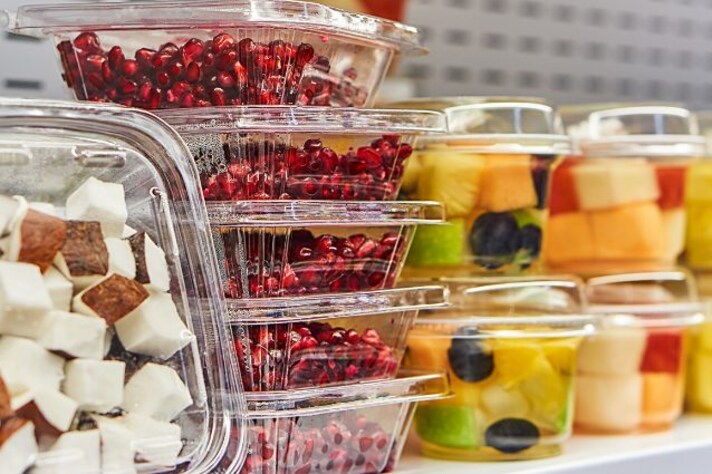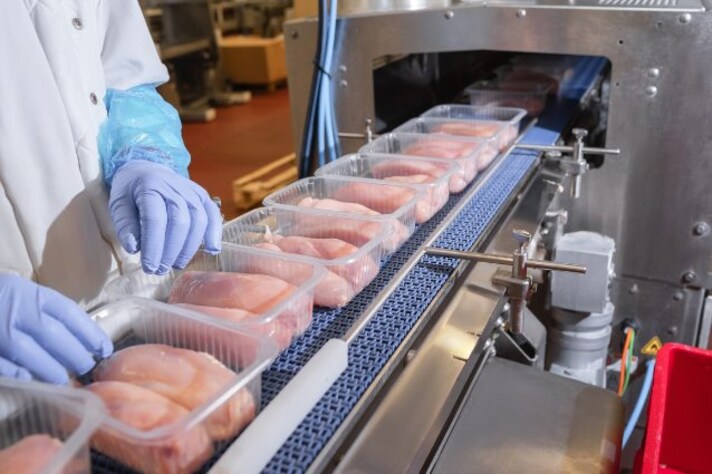Why is Food Packaging so Important for Food’s Safety?
Food packaging is crucial for preserving freshness, ensuring safety, and providing convenience. It protects food from spoilage and contamination, making it essential for a global supply chain. Additionally, packaging supports modern lifestyles with portable designs and is moving towards more sustainable options. Without it, our food experiences would be chaotic and less safe.

Every day, we interact with food packaging in countless ways. Whether it's tearing open a granola bar to quell mid-morning hunger, juggling a cup of to-go coffee on a busy commute, or wrestling with grocery bags filled with fresh produce, packaging is an omnipresent part of our lives. We even encounter it when we order a pizza, eagerly waiting for that warm box to arrive. Food packaging comes in an array of shapes, materials, and colors, each designed to fulfill a specific function. But imagine a world without it—it's a scenario as unthinkable as a pizza without cheese! The truth is, packaging plays a crucial role in our daily lives, and its importance cannot be overstated.
#1 It Preserves the Food and Keeps it Fresh
One of the most vital roles of food packaging is preservation. Like a superhero cloak, it shields food from the elements, extending shelf life and maintaining freshness. From vacuum-sealed bags that keep your coffee beans aromatic to cans that preserve the juiciness of summer fruits, packaging acts as a barrier against air, moisture, and contaminants. Without it, our favorite foods would spoil faster than you can say "expiration date." This function is especially crucial in a global supply chain, where products travel long distances. Imagine biting into a stale croissant—yikes! Proper packaging ensures that we can enjoy fresh, high-quality food, no matter where it's sourced from.

#2 It Keeps Food From Being Contaminated
Beyond just keeping food fresh, packaging also serves as a safeguard against contamination. It's like a knight's armor, protecting what's inside from bacteria, chemicals, and physical damage. Tamper-evident seals, for example, offer a layer of security, ensuring that the contents haven't been compromised. This is particularly important for perishable items like dairy products, meats, and baby food, where even a small breach can lead to serious health risks. In this sense, packaging isn't just about convenience; it's a crucial component of food safety that keeps us out of harm's way.
#3 It Ensures Convenience and Portability
Let's face it: we're always on the go. Whether it's a quick breakfast on the run or a snack during a busy workday, packaging makes it possible to eat wherever, whenever. It's the unsung hero of convenience, allowing us to easily transport and consume food. Think of the ingenious designs of resealable bags, portable yogurt tubes, and even the humble sandwich wrapper. These innovations cater to our fast-paced lives, making it easier to manage portion sizes, reduce waste, and enjoy a meal without the mess. Without packaging, our daily routines would be as chaotic as a blender without a lid.

#4 Now It Can Also Help The Earth!
While packaging plays a crucial role, it's no secret that it also has an environmental impact. The good news is that there's a growing movement towards more sustainable options. Biodegradable materials, recyclable plastics, and minimalistic designs are becoming more prevalent, reducing the ecological footprint. Packaging can even play a role in educating consumers about proper disposal and recycling practices. It's a balancing act between functionality and sustainability, but the industry is making strides. After all, who wants a side of guilt with their lunch?
;Resize,width=767;)


;Resize,width=712;)
